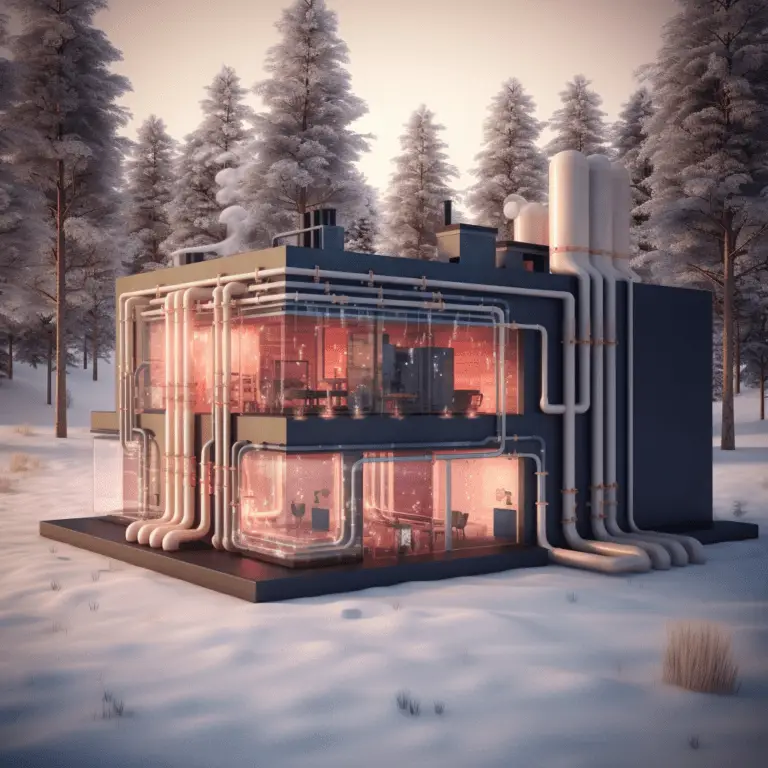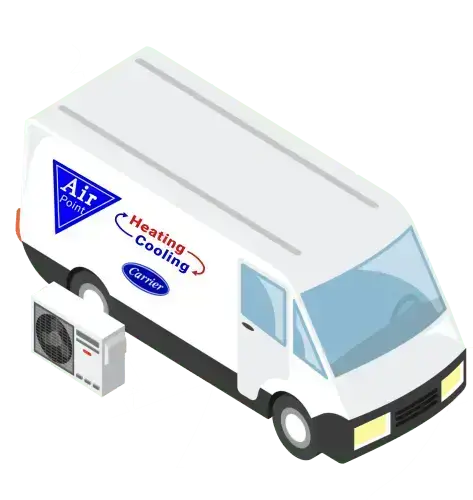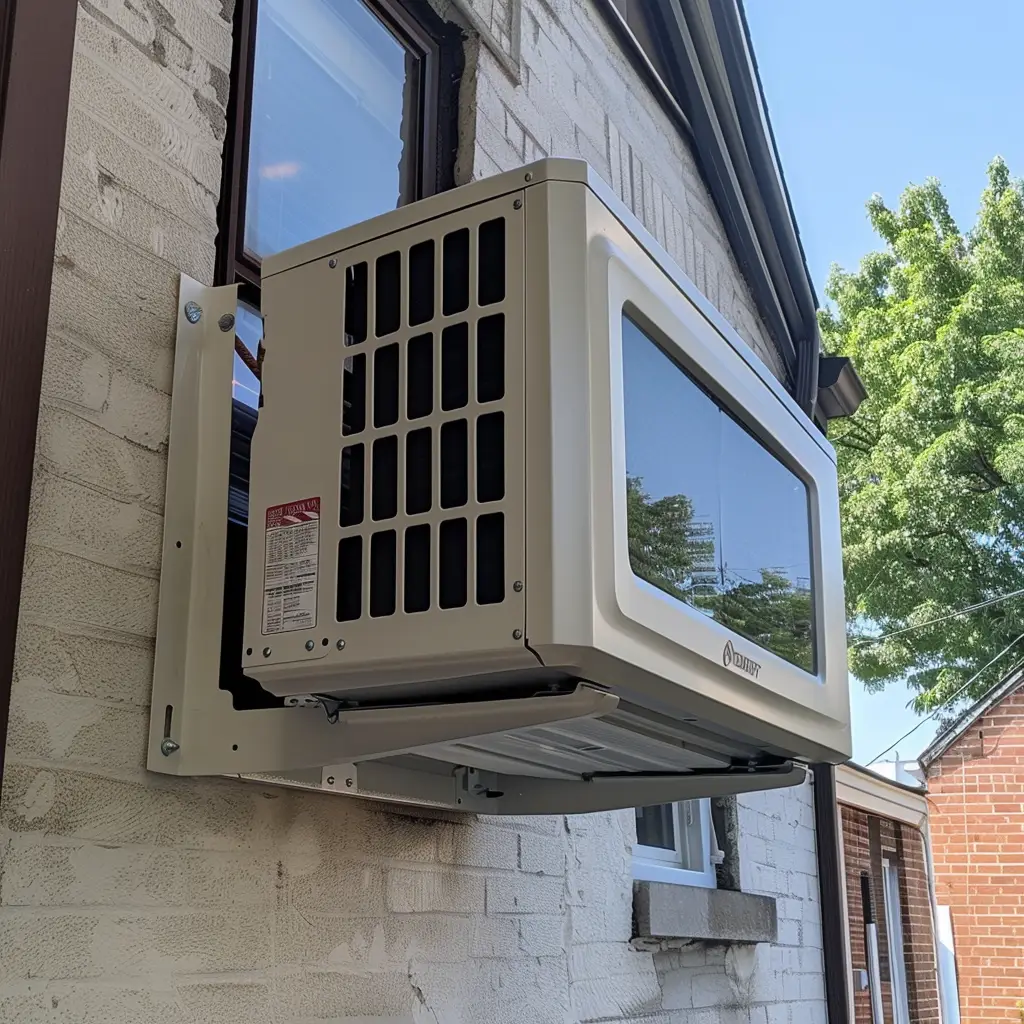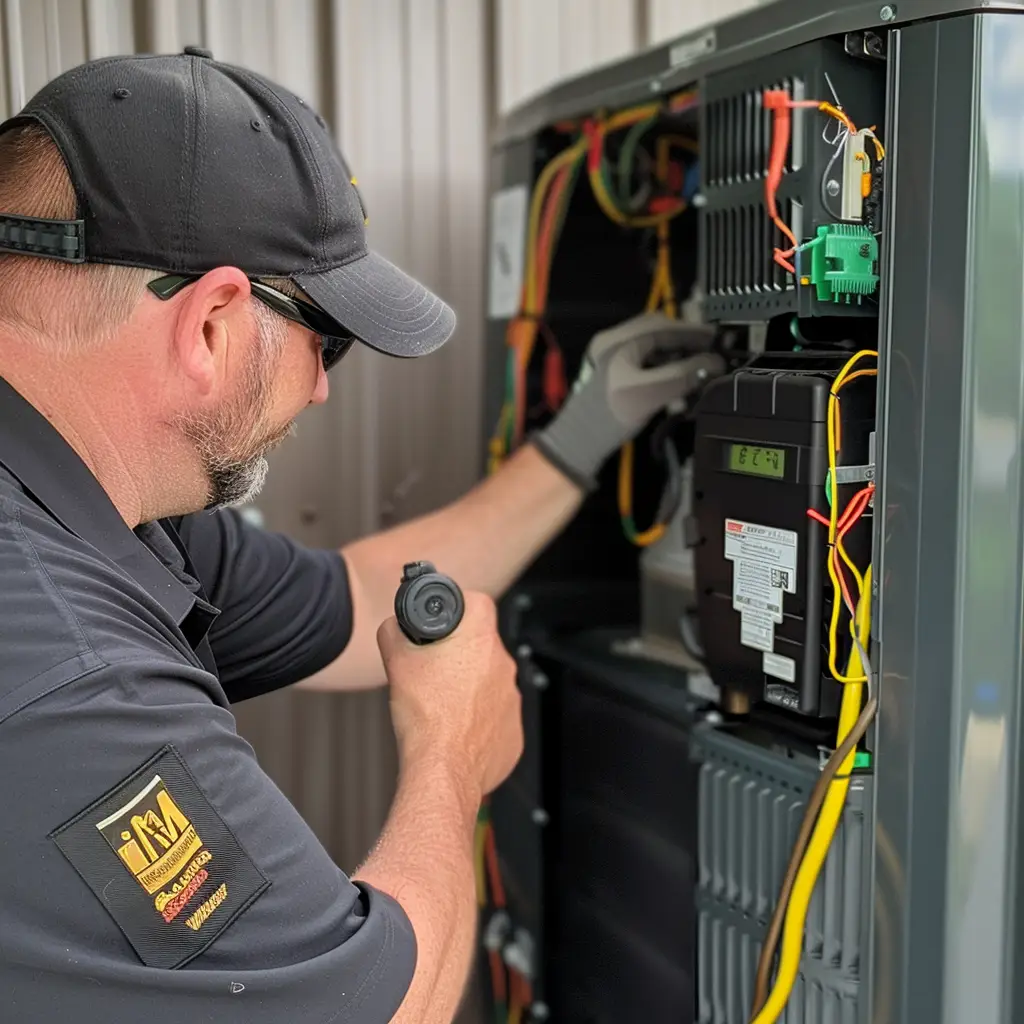Introduction to Geothermal Heat Pumps
Geothermal heat pumps are an innovative and environmentally friendly way to heat and cool your home. They leverage the Earth’s constant temperature to provide energy-efficient heating and cooling. In this article, we’ll explore how these systems work, their benefits and drawbacks, and whether or not they’re the right choice for you.
How Geothermal Heat Pumps Work
To understand the pros and cons of geothermal heat pumps, it’s essential to know how they function.
Components of a Geothermal System
A geothermal system consists of three primary components: the ground loop, the heat pump unit, and the distribution system. The ground loop is a series of pipes buried in the ground, filled with a fluid (usually water or an antifreeze solution). The heat pump unit is placed inside the house and is responsible for exchanging heat with the ground loop. The distribution system is responsible for distributing the conditioned air throughout the home.
Heat Exchange Process
During the winter months, the fluid in the ground loop absorbs heat from the Earth and transfers it to the heat pump unit. The heat pump then increases the temperature and sends the heated air into the home through the distribution system. In the summer, the process is reversed, with the heat pump removing heat from the home and transferring it back into the ground.
Advantages of Geothermal Heat Pumps
Energy Efficiency
Geothermal heat pumps are incredibly energy-efficient, using 25% to 50% less electricity than conventional heating and cooling systems. This efficiency translates to significant energy cost savings for homeowners.
Environmentally Friendly
By using the Earth’s natural energy, geothermal systems produce significantly fewer greenhouse gas emissions compared to traditional heating and cooling systems. This makes them an eco-friendly option for those looking to reduce their carbon footprint.
Low Operating Costs
Geothermal systems have lower operating costs compared to conventional systems because they require less maintenance and have longer lifespans. This can result in substantial long-term savings for homeowners.
Quiet Operation
Unlike conventional air-source heat pumps, geothermal systems operate quietly because they don’t have noisy outdoor units. This can be a significant advantage for homeowners seeking a peaceful living environment.
Longevity and Reliability
Geothermal systems have longer lifespans than conventional heat pumps, with ground loops lasting up to 50 years and heat pump units lasting 20-25 years. Their reliability and low maintenance requirements make them an attractive investment for homeowners.
Disadvantages of Geothermal Heat Pumps
High Installation Costs
One significant drawback of geothermal systems is their high upfront cost. The installation process can be labor-intensive and may require extensive excavation. However, the long-term savings and potential government rebate incentives can offset these initial expenses.
Limited Suitability for Certain Properties
Not all properties are suitable for geothermal systems. Factors such as soil type, land availability, and proximity to water sources can affect the feasibility of installing a geothermal heat pump. It’s crucial to consult with a professional to determine whether your property is compatible with this technology.
Possible Environmental Impact
While geothermal systems are generally considered environmentally friendly, they can have some negative impacts. For example, improper installation can result in groundwater contamination or soil erosion. Additionally, the use of open-loop systems can potentially affect local water supplies. It’s essential to work with a reputable installer to minimize these risks.
Is a Geothermal Heat Pump Right for You?
Geothermal heat pumps offer numerous benefits, including energy efficiency, environmental friendliness, and low operating costs. However, they also come with some drawbacks, such as high installation costs and potential limitations based on property characteristics. By carefully evaluating these factors, you can determine whether a geothermal heat pump is the right choice for your home.
Trust AirPoint for Your Geothermal Heat Pump Needs
At AirPoint, we are a Carrier factory authorized dealer and NATE certified in Toronto, meaning we have the highest title of dealership with Carrier. We’re awarded HomeStars Best of the Best 2023 and have been rated 5 stars on Google and HomeStars. All of our technicians are fully certified by TSSA, HRAI, and CSA. Trust AirPoint to help you make an informed decision about geothermal heat pump systems.
To learn more about whether geothermal heat pump may be the right fit for your home, watch this video by Undecided With Matt Ferrell
Frequently Asked Questions About Geothermal Heat Pumps
How much does it cost to install a geothermal heat pump?
The cost of installing a geothermal heat pump can vary greatly depending on factors like property size, soil conditions, and the type of system. Generally, costs can range from $10,000 to $30,000 or more.
Are there any incentives or rebates for installing a geothermal heat pump?
Many countries and states offer incentives or rebates for homeowners who install geothermal systems. These incentives can help offset the high initial costs. Check with your local government or utility provider for information on available programs.
How long does it take to recoup the initial investment of a geothermal heat pump?
The time it takes to recoup the initial investment can vary, but typically, homeowners can expect to see a return on investment in 5 to 10 years, depending on energy cost savings and available incentives.
Can I retrofit my existing home with a geothermal heat pump?
Yes, geothermal heat pumps can be installed in both new construction and existing homes. However, retrofitting an existing home may require additional modifications and could be more expensive than installing the system in a new build.
What type of maintenance is required for a geothermal heat pump?
Geothermal systems generally require less maintenance than traditional heating and cooling systems. Regular filter changes and periodic checks of the heat pump unit are usually sufficient to keep the system running efficiently.
Additional Resources for Geothermal Heat Pumps
For further information and resources on geothermal heat pumps, consider exploring the following external websites:
- International Ground Source Heat Pump Association: This organization provides resources, research, and training related to geothermal heat pump systems.
- U.S. Department of Energy’s Geothermal Technologies Office: This government office supports research and development of geothermal technologies, including heat pumps.





